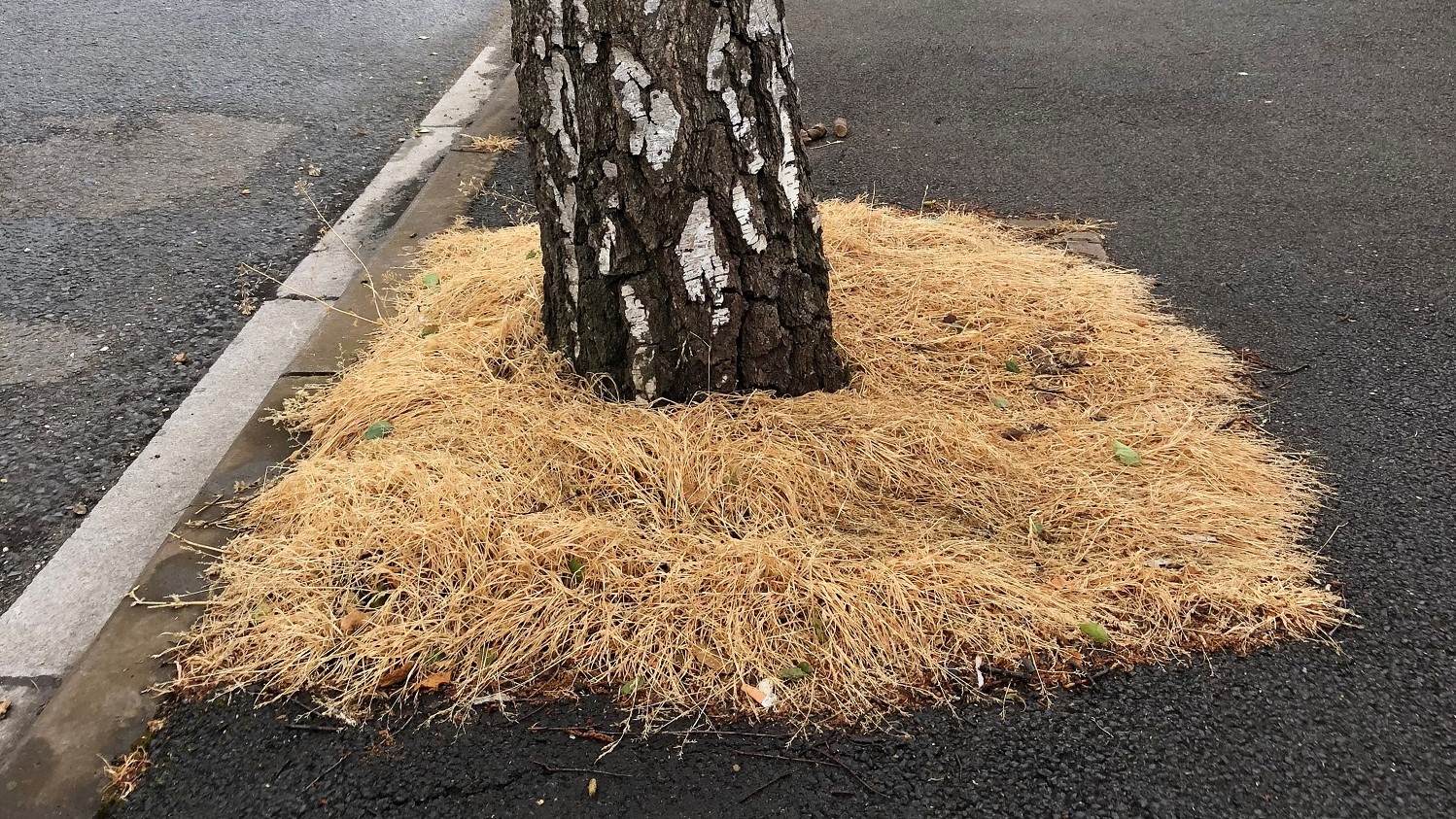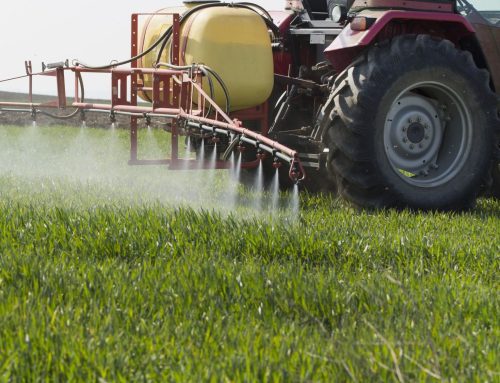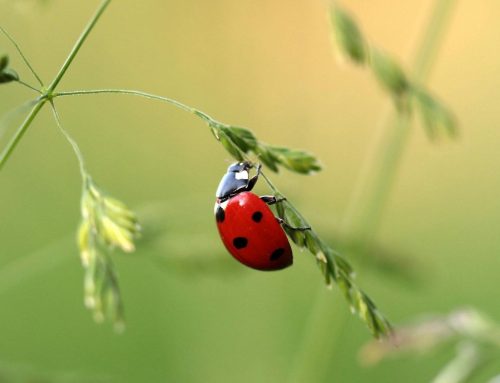The UK government has responded to the petition calling for a ban on urban pesticides. Find the petition and the government’s full response here.
Read Professor Dave Goulson’s views on the UK Government’s petition response below:
The DEFRA response, in short, is that “we operate a strict system for regulating pesticides” and therefore that all pesticides that are currently used have been thoroughly tested and found to be safe for the environment and people. Yet Ian Boyd, while DEFRA’s chief scientist, published an article in 2017 stating “The current assumption underlying pesticide regulation — that chemicals that pass a battery of tests in the laboratory or in field trials are environmentally benign when they are used at industrial scales — is false.”
In a quote for the Guardian newspaper, Boyd’s co-author Alice Milner added “Any chemical you put into the environment has the potential to be widely distributed,” she said. “We’ve known this for decades, particularly through the early work in the 1960s – the Silent Spring, DDT and so on – and you can find chemicals in places that have not been treated because of the connectivity of ecosystems. There are often quite unexpected effects [and] you often don’t see them until the pesticide is used at more industrial scales.”
Examples of the sorts of “unexpected effects” she refers to include DDT bio-accumulating in top predators such as birds of prey, causing their egg shells to thin, or neonicotinoids turning up in nectar of wildflowers and poisoning bees. Put thousands of tons of poison into the environment every year and it is inevitable that it will cause all sorts of harm, often in ways we haven’t anticipated and which aren’t picked up by the regulatory process.
Our regulatory system for pesticides has repeatedly failed us over 80 years. At any point in time, the government will tell you that all pesticides currently licensed are safe. They told us this about DDT, organophosphates, neonicotinoids, paraquat and many others – until these chemicals were banned after decades of use when it emerged that they weren’t safe after all. They currently say glyphosate is safe, despite mounting evidence that it is harmful to soils, bees and people.
More broadly, the DEFRA response fails to recognize that we are in an environmental crisis, the sixth mass extinction event, with extinction rates accelerating and global biodiversity collapsing. This “trust us, everything is fine” approach will not wash any more. Complacency and inaction are not an option.
Finally, DEFRA’s response barely acknowledges that this petition is focussed on garden and urban use of pesticides, not their use in farming. The government’s blather about promoting Integrated Pest Management (IPM) is not relevant here, for they are doing nothing to promote IPM in gardens.
Banning pesticides in urban areas will not solve all of our problems, but it is a small step that could be taken very easily, with no significant repercussions. The petition now has 36,000 signatures after 1 month. We need to reach 100,000 within 6 months to trigger a debate in Parliament.
Please sign, and encourage friends and neighbours to do so. Surely it is time to stop spraying poisons in our gardens and streets?

Further reading: Call to ban urban pesticides to save insects and ourselves

Dave Goulson is Professor of Biology at University of Sussex, specialising in bee ecology. He has published more than 300 scientific articles on the ecology and conservation of bumblebees and other insects. He founded the Bumblebee Conservation Trust in 2006, is a PAN UK trustee and an ‘Ambassador’ for the UK Wildlife Trusts. His new book Silent Earth: Averting the Insect Apocalypse is out now.





